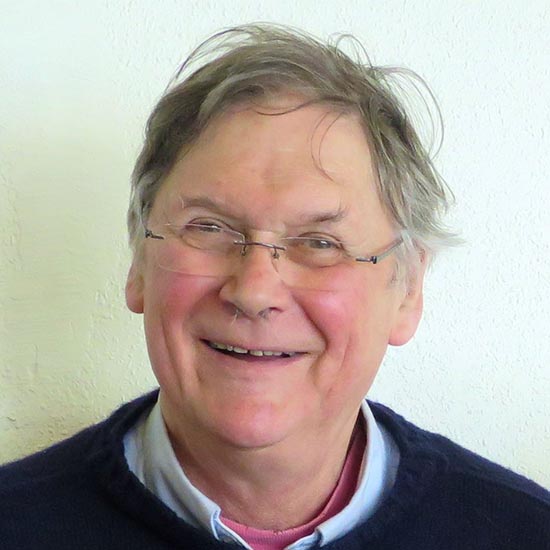Tim Hunt is a biochemist. With Lee Hartwell and Paul Nurse he shared in the Nobel Prize in Physiology or Medicine in 2001 “for their discoveries of key regulators of the cell cycle”. Tim’s contribution was the discovery of cyclins, proteins that are crucial for mitosis and other cell cycle transitions.
Tim’s earlier work focused on the control of haemoglobin synthesis in red blood cells. Amongst other things, he discovered that double-stranded RNA (normally only found in virus-infected cells) was a powerful inhibitor of protein synthesis and, together with colleagues in the Department of Biochemistry at the University of Cambridge, figured out the mechanism — a protein kinase that phosphorylated an initiation factor.
This led Tim to study protein synthesis in clams, sea urchins and eventually frog eggs, which revealed the abrupt disappearance of cyclins in dividing cells from yeast to man. In the end, it turned out that cyclins bind to and activate the enzymes that had been identified by Lee and Paul, the cyclin-dependent kinases (CDKs).
Subject groups
-
Molecules of Life
Cell biology (incl molecular cell biology)
Awards
-
Croonian Medal and Lecture
On 'Cell growth, cell division and the problem of cancer'.
-
Nobel Prize in Physiology or Medicine
Jointly with Leland H. Hartwell and Sir Paul M. Nurse for their discoveries of key regulators of the cell cycle.
-
Royal Medal

